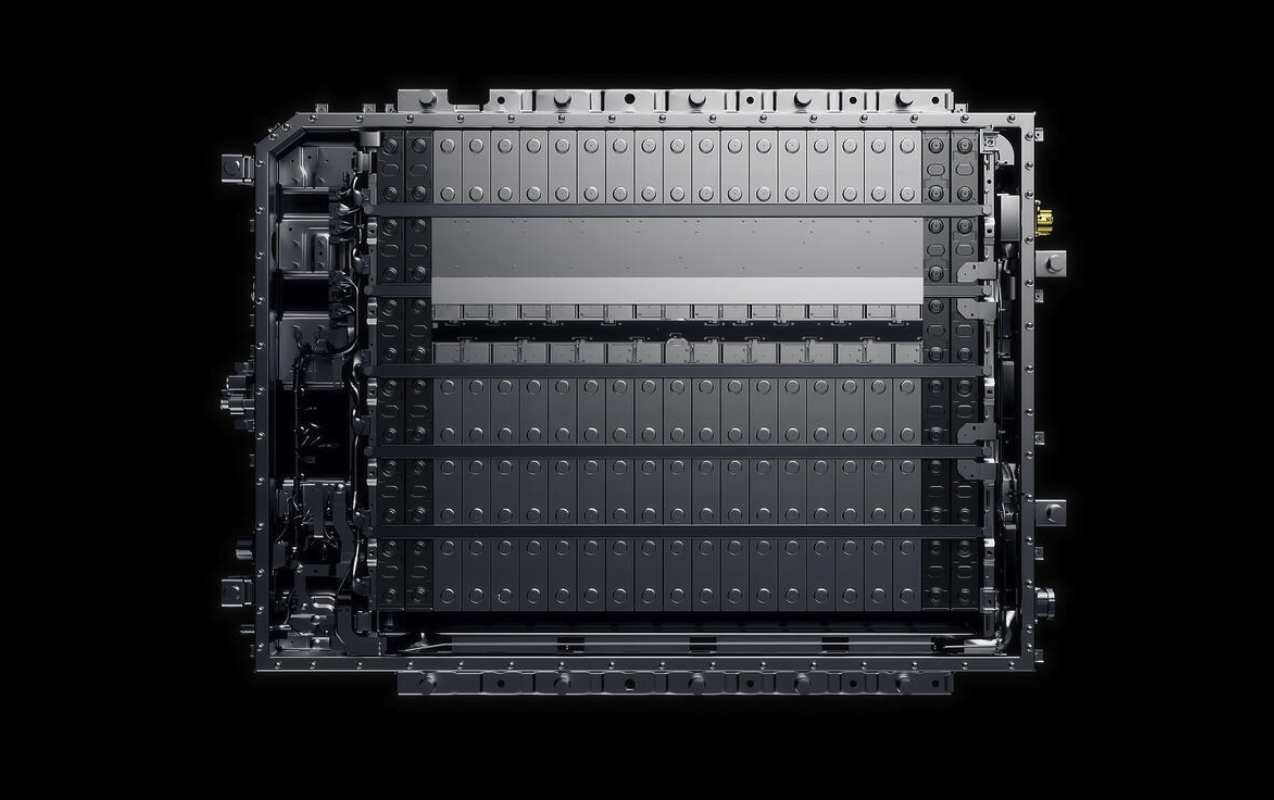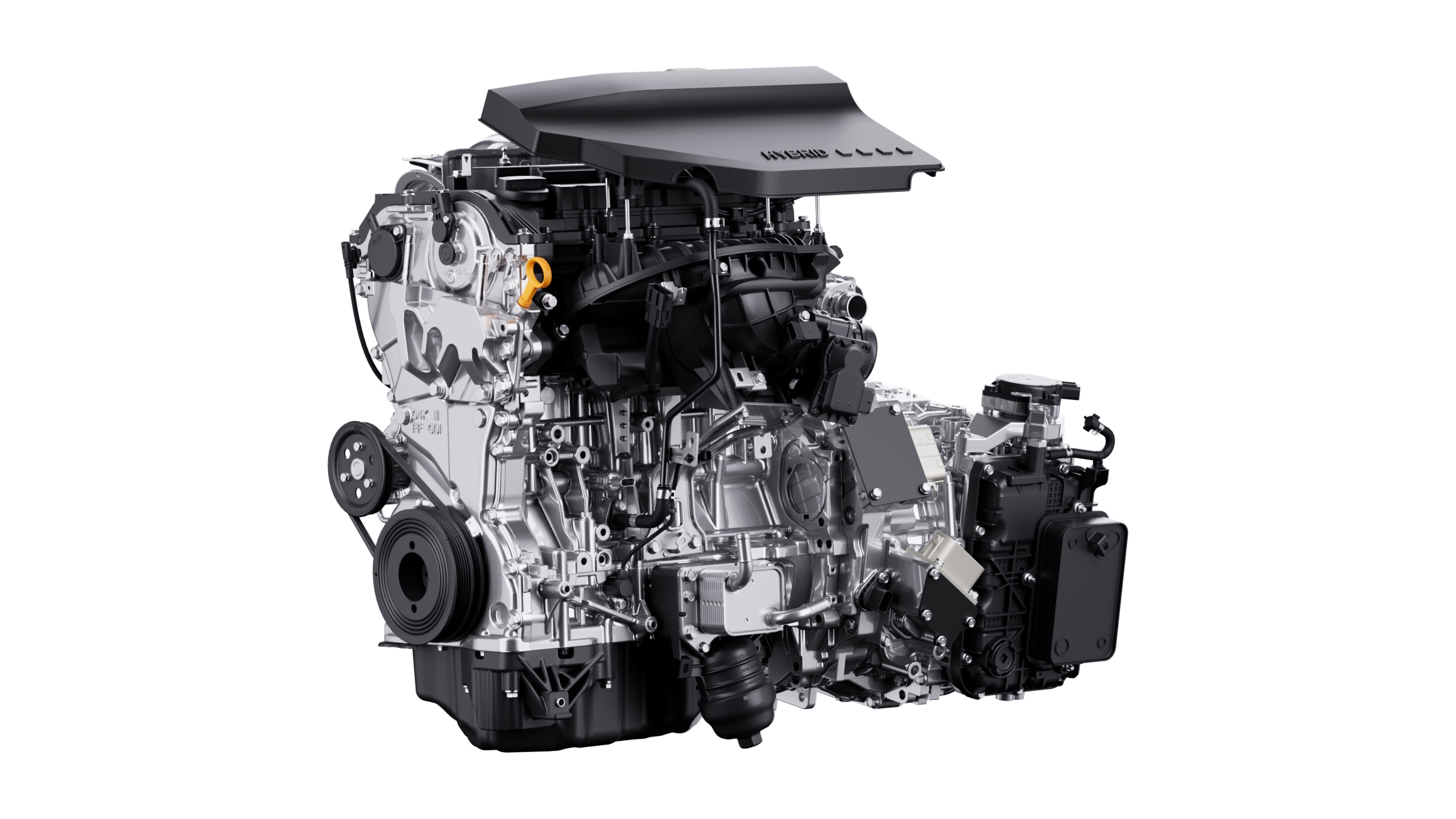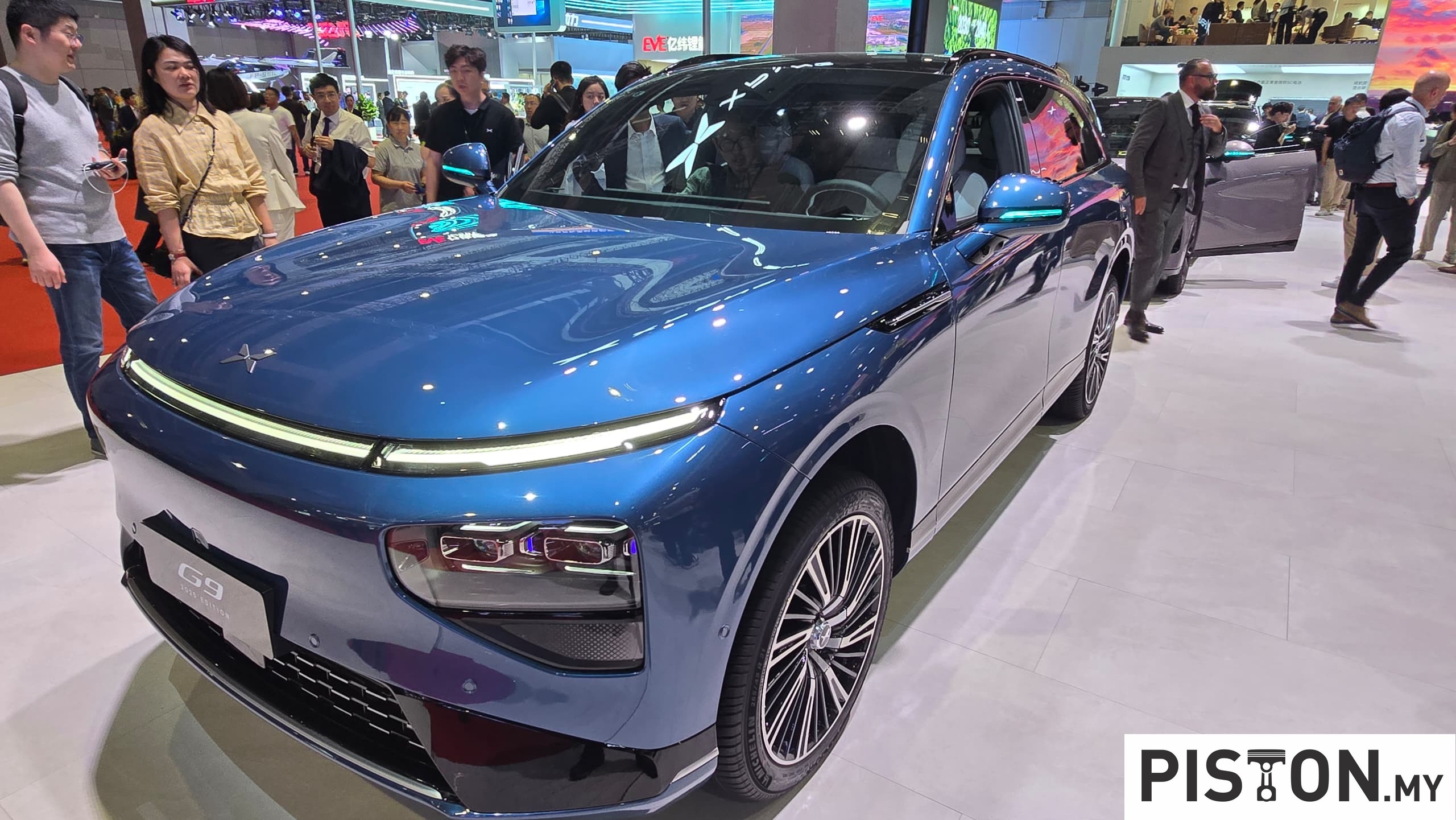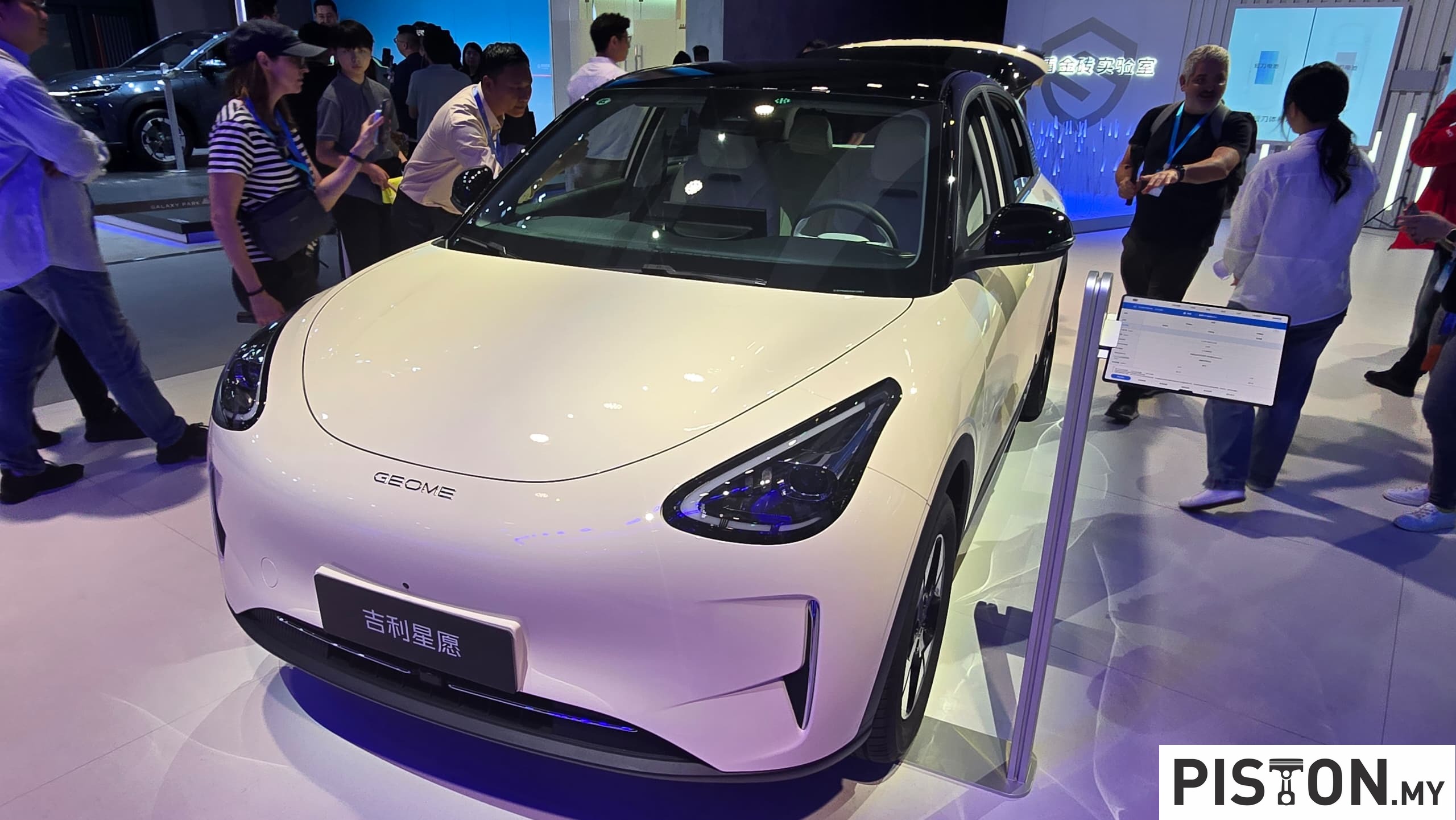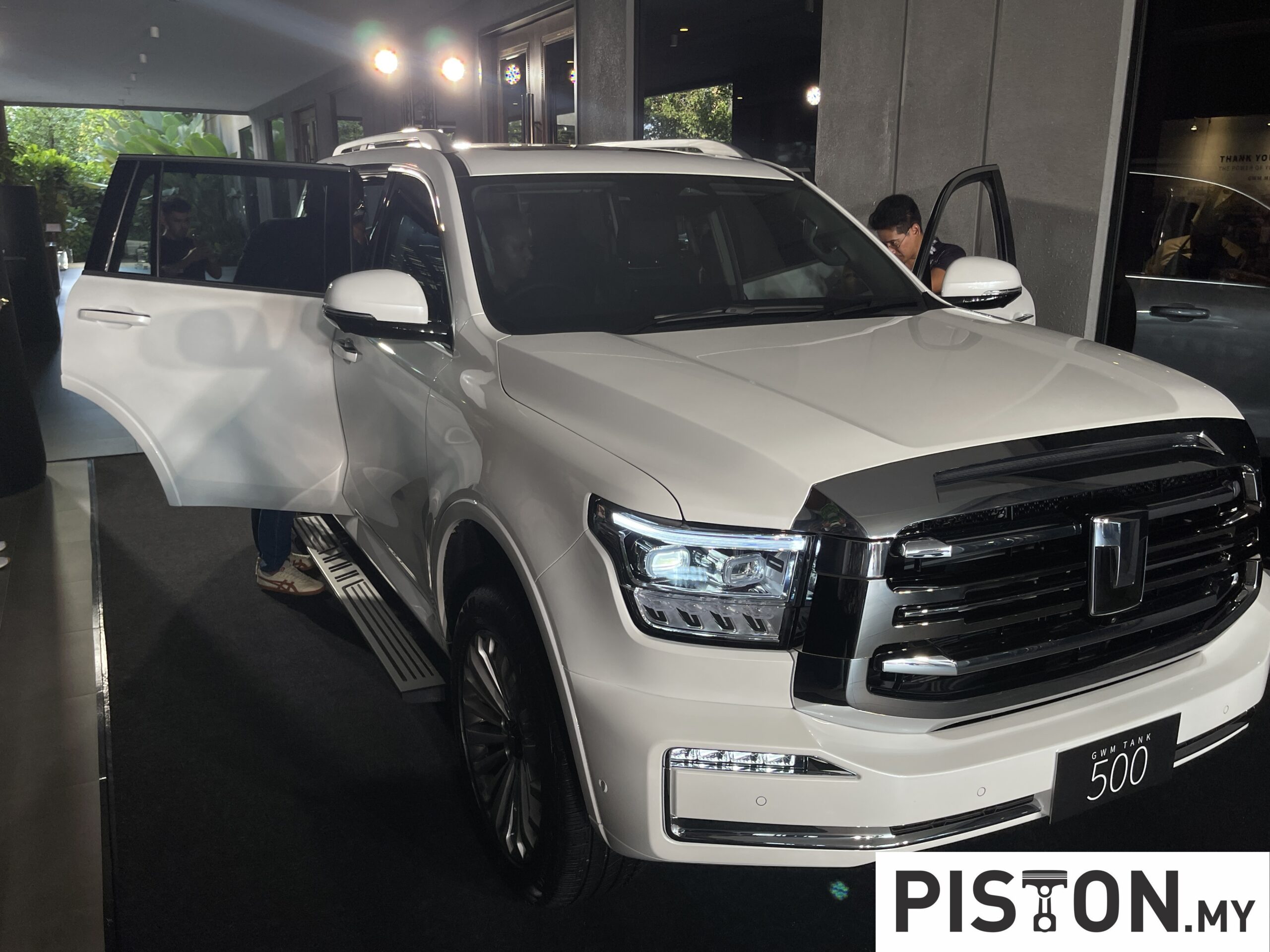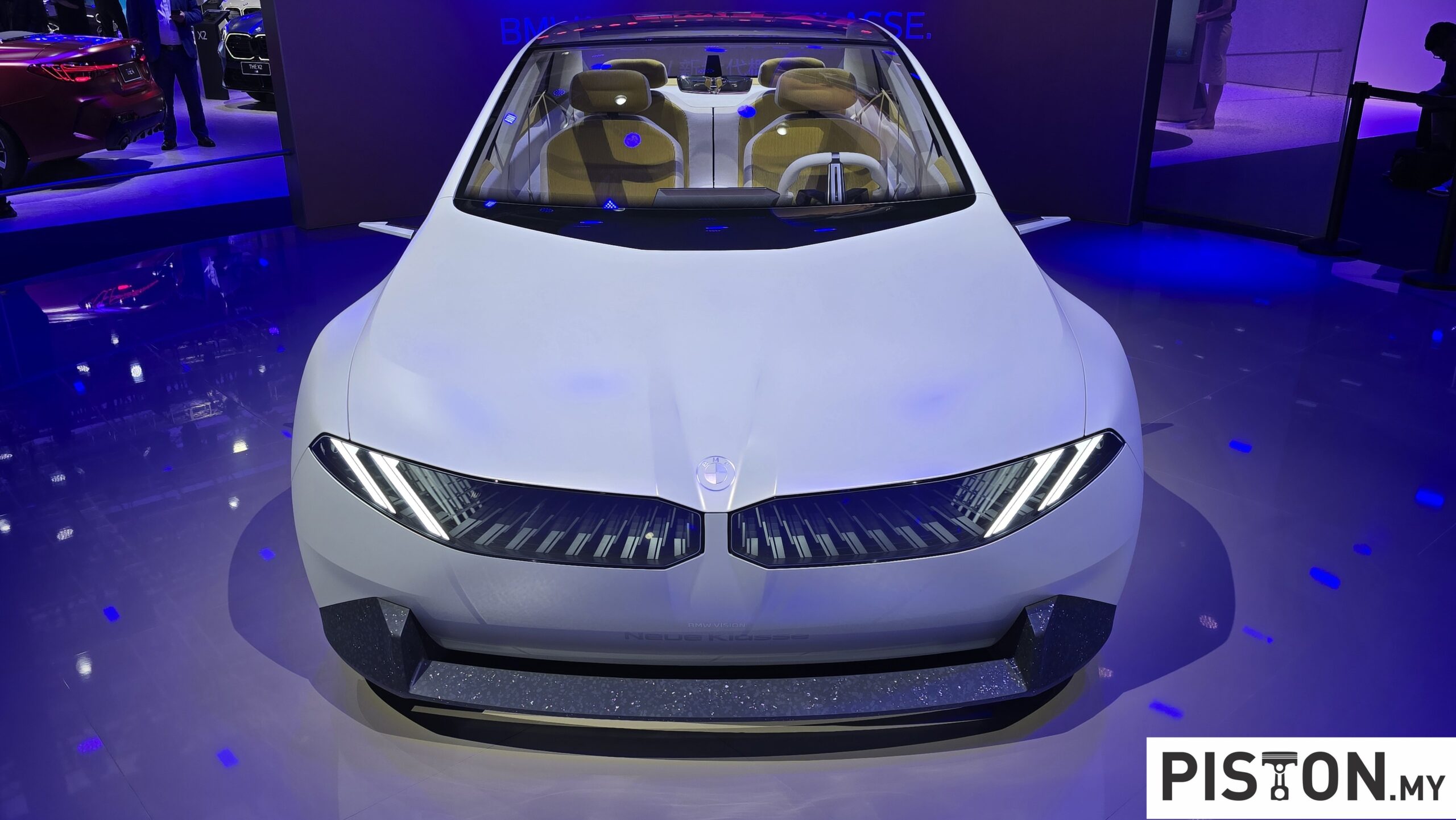The world of electric vehicle (EV) batteries is buzzing with innovation, and the latest breakthrough comes from the Daegu Gyeongbuk Institute of Science and Technology (DGIST) in Korea. Researchers have developed a revolutionary lithium metal battery featuring a “triple-layer solid polymer electrolyte” that not only boasts extended durability but also self-extinguishes in the event of a fire.
Addressing Lithium Battery Safety Challenges
Traditional solid polymer electrolyte batteries face a significant challenge: the formation of dendrites. These small, tree-like structures develop during charging and discharging, potentially damaging internal battery components and increasing the risk of fires and explosions. This issue has long hindered the full potential of lithium metal batteries.
The DGIST team, led by Dr. Kim Jae-Hyun, tackled this problem with an innovative triple-layer electrolyte structure. Their design features soft outer layers for better electrode contact and a strong middle layer to reinforce structural integrity. Additionally, the electrolyte includes fire-suppressing agents like decabromodiphenyl ethane, high concentrations of lithium salt, and zeolite for added strength.
The result? A battery that is safer and capable of withstanding the rigours of frequent use.
Enhanced Durability and Fire Safety
One of the standout features of this new battery design is its exceptional longevity. According to the research, the battery retains 87.9% of its performance after 1,000 charging and discharging cycles, significantly outlasting many current batteries, which lose 20–30% of their capacity over the same period.
In practical terms, an EV equipped with this battery and a 482km range could still deliver over 418km of range after 482,803km of driving.
Moreover, the battery’s ability to extinguish itself in case of a fire sets a new benchmark for safety, making it an attractive option for applications where reliability is critical.
Implications for Energy Storage and Beyond
The potential applications for this technology extend far beyond EVs. Smartphones, wearable devices, and large-scale energy storage systems could all benefit from the combination of enhanced safety and long-lasting performance.
“This research is anticipated to make a significant contribution to the commercialization of lithium metal batteries using solid polymer electrolytes,” Dr. Kim stated. He emphasised the potential for improved stability and efficiency across a wide range of energy storage devices.
Paving the Way for a Safer, More Efficient Future
This groundbreaking battery technology represents a major leap forward in addressing the challenges of safety and longevity in lithium metal batteries. By making energy storage devices safer, longer-lasting, and more efficient, the DGIST team’s innovation could transform industries from consumer electronics to renewable energy storage.
Whether it’s enabling EVs to travel further, enhancing smartphone battery life, or ensuring safer grid storage, this cutting-edge development underscores the limitless potential of advanced battery research.




